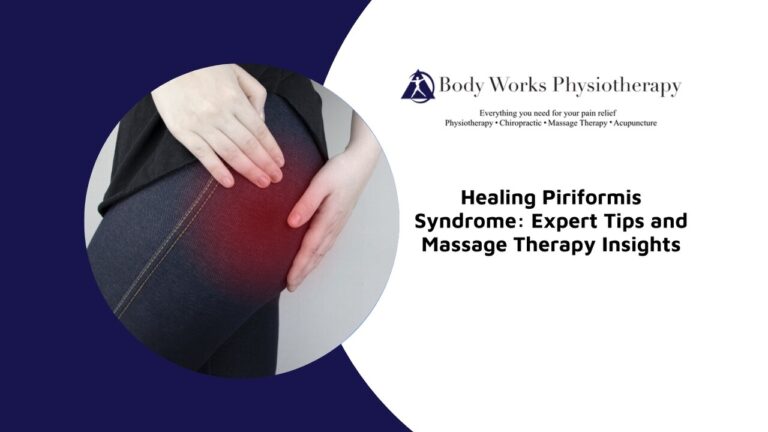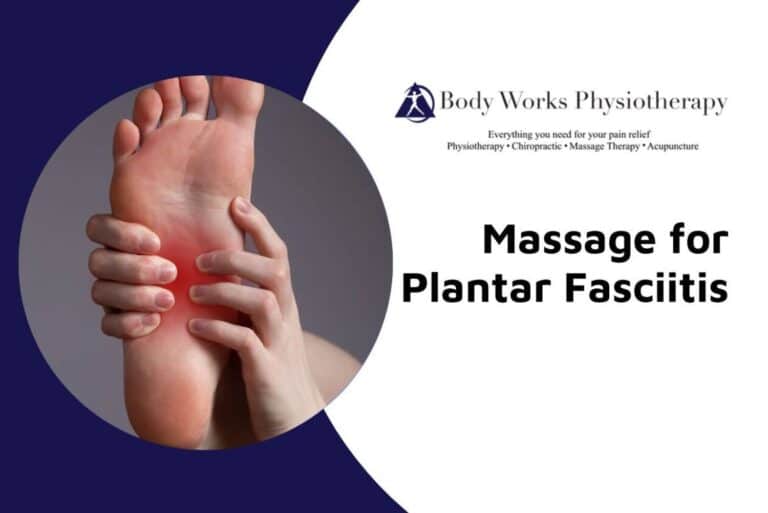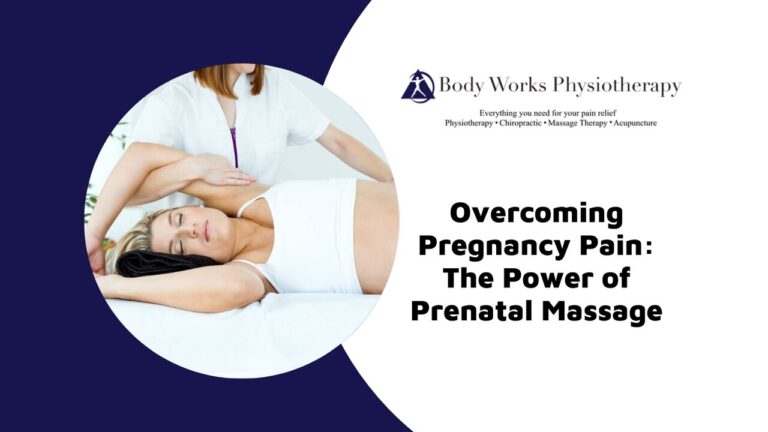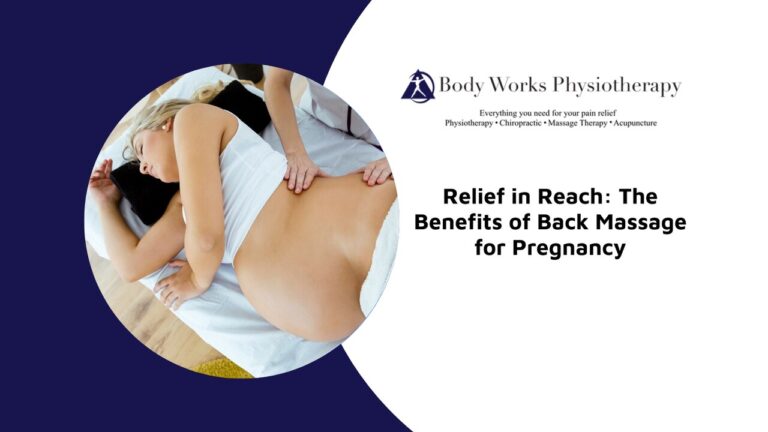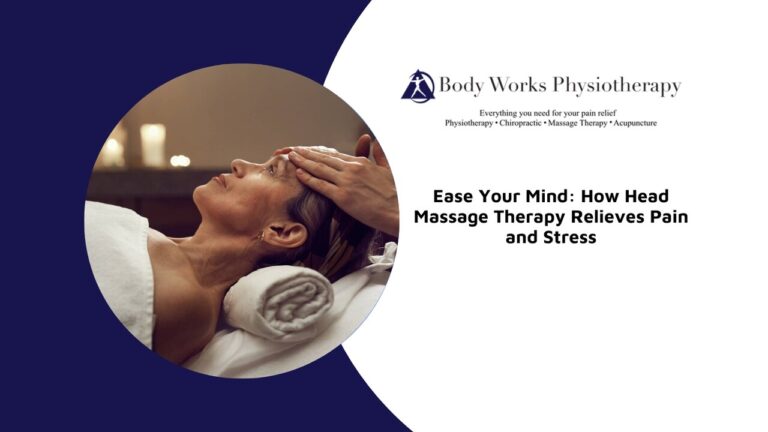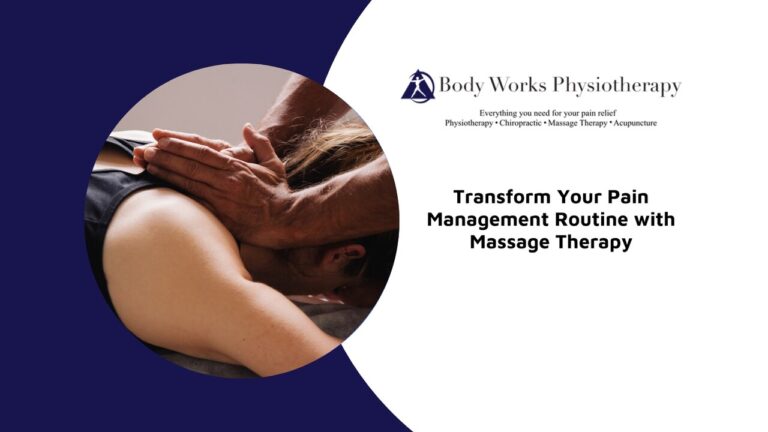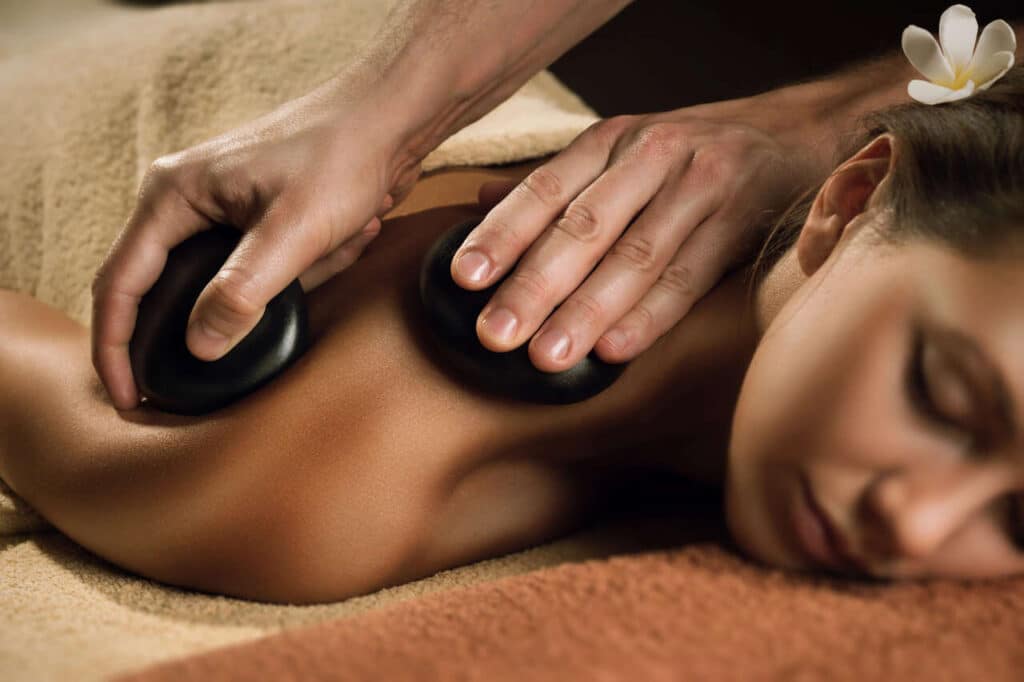
In today’s fast-paced world, stress has become an almost inevitable part of daily life. From work pressures to personal responsibilities, many people struggle to manage the toll that stress takes on their mental and physical well-being. One effective and natural way to address stress is through massage therapy. Massage not only helps relax tense muscles but also promotes a sense of calm and balance. This guide explores how massage therapy can help manage stress, highlighting its benefits, various techniques, and how to complement it with lifestyle changes for lasting relief.
How Massage Therapy Helps Reduce Stress
Massage therapy reduces stress by promoting relaxation, improving blood circulation, and releasing tension in the muscles. It triggers the body’s relaxation response, lowering cortisol levels and enhancing the production of feel-good hormones like serotonin and dopamine. Regular massage sessions can help calm the nervous system, alleviate anxiety, and promote a sense of well-being. This makes it an effective natural method for managing stress and preventing burnout.
Massage therapy can also significantly improve sleep quality as part of stress management. By reducing muscle tension and calming the nervous system, massage promotes deeper and more restful sleep. It helps the body transition into a state of relaxation, making it easier to fall asleep and stay asleep. Regular massage therapy sessions can improve sleep patterns and reduce insomnia caused by stress.
Types of Massage Used for Stress Relief
Several types of massage are particularly effective for stress relief:
- Swedish Massage: This gentle, full-body massage uses long, flowing strokes to promote relaxation and improve circulation.
- Aromatherapy Massage: Incorporating essential oils, this massage can enhance relaxation through calming scents like lavender and chamomile.
- Hot Stone Massage: The application of heated stones during the massage helps relax tight muscles and improve circulation, making it ideal for stress relief.
- Shiatsu Massage: This Japanese massage technique applies finger pressure to specific points on the body to restore energy balance and reduce stress.
How Often Should One Get a Massage to Manage Stress Effectively?
For effective stress management, receiving a massage every 2-4 weeks is recommended. However, the frequency can vary depending on individual needs, stress levels, and lifestyle. Regular massages help maintain relaxation and prevent the build-up of tension in the body, making it easier to cope with daily stressors.
Massage Therapy Sessions for Stress Relief: What to Expect
When you go in for a stress-relief massage, the environment is designed to immediately put you at ease. You’ll be greeted by soft lighting, calming music, and a peaceful atmosphere to help set the tone for relaxation. Here’s what you can expect during your session:
- Consultation: The therapist will ask about your preferences before starting the massage. They will inquire about the pressure level you prefer and whether you have specific areas of tension or discomfort that need attention.
- Massage Table: You’ll lie comfortably on a massage table, typically with supportive pillows or bolsters for added comfort. The therapist will ensure you’re relaxed and positioned correctly to maximize the benefits of the session.
- Techniques Used: The therapist will use a variety of techniques to ease muscle tension and promote relaxation. This can include kneading to release tightness, gentle stretching to improve flexibility, and long, flowing strokes to calm the nervous system and enhance circulation.
- Relaxation: The primary goal of the session is to relieve tension and induce a state of calm. As the therapist works through your muscle tension, you should begin to feel more relaxed and rejuvenated.
After the session, it’s common to feel a sense of relief from stress, with improved muscle relaxation and a heightened sense of well-being. Each session is tailored to your personal needs, ensuring maximum comfort and relaxation.
The Role of Deep Tissue Massage in Stress Reduction
Deep tissue massage targets deeper layers of muscles and connective tissue, making it highly effective for stress reduction. By relieving chronic tension and tightness, deep tissue massage helps release built-up stress in the body. While it may involve more pressure than a typical relaxation massage, the long-term benefits include improved circulation, reduced muscle pain, and enhanced relaxation, which contribute to stress relief.
As the deeper muscles are worked, oxygen and nutrients are better delivered to the tissues, promoting faster recovery and reducing inflammation. Additionally, deep tissue massage helps stimulate the parts of the nervous system which are responsible for the body’s “rest and digest” response, further promoting relaxation and mental well-being.
For those who hold tension in specific areas of their body due to stress, deep tissue massage provides targeted relief, offering a physical release of both muscle stiffness and stress-related symptoms. Regular sessions can lead to sustained reductions in stress levels, improved posture, and better sleep quality.
Complementing Massage Therapy for Stress Management: Recommended Lifestyle Changes
To maximize the benefits of massage therapy, consider incorporating the following lifestyle changes:
- Exercise: Regular physical activity helps reduce stress hormones and promotes relaxation.
- Mindfulness and Meditation: Practices like deep breathing and meditation can enhance the relaxation effects of massage.
- Balanced Diet: A nutritious diet supports overall well-being and helps manage stress levels.
- Adequate Sleep: Prioritizing quality sleep complements massage therapy by reducing stress and improving recovery.
- Time Management: Effective planning and prioritizing can reduce stress triggers and help maintain a more balanced lifestyle.
- Limiting Caffeine and Alcohol: Reducing your intake of stimulants like caffeine and depressants like alcohol can prevent the body from becoming overstimulated or overly fatigued, helping you manage stress more effectively.
- Creating a Relaxation Space: Set up a calming environment at home where you can unwind daily. Incorporating relaxing music, soothing scents, and soft lighting can help extend the relaxation benefits of your massage therapy into your daily routine.
By combining massage therapy with these lifestyle changes, you can enhance your stress management efforts and improve your overall well-being.
Leave Stress in Your Rearview
If you’re ready to experience the transformative benefits of massage therapy for stress relief, now is the time to take action. At Body Works Physiotherapy in Scarborough, our experienced and registered massage therapists are dedicated to providing personalized care that meets your unique needs. Whether you’re dealing with chronic stress or simply need to unwind, our team is here to guide you toward a more relaxed and balanced lifestyle. Don’t let stress control your life—book your appointment today and take the first step towards feeling your best.

